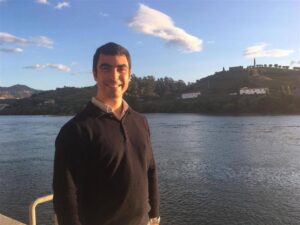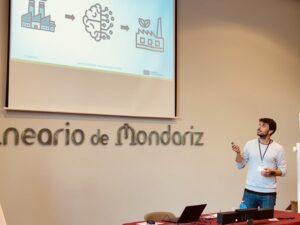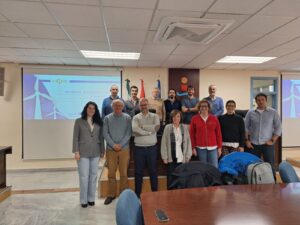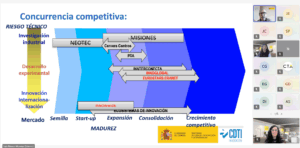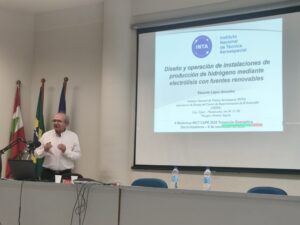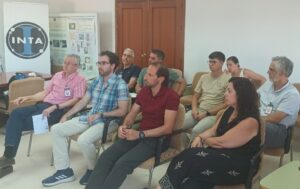Interview with José Ignacio Domínguez, coordinator of AIHRE project
José Ignacio Domínguez is project manager at CIDAUT, the organization leading the AIHRE project. With more than 20 years in charge of different R&D programs related to renewable hydrogen technologies, biofuels, energy efficiency and renewable energies, he coordinates the global activities of the project to promote collaborative research and technology transfer linked to the renewable hydrogen value chain in the POCTEP area.
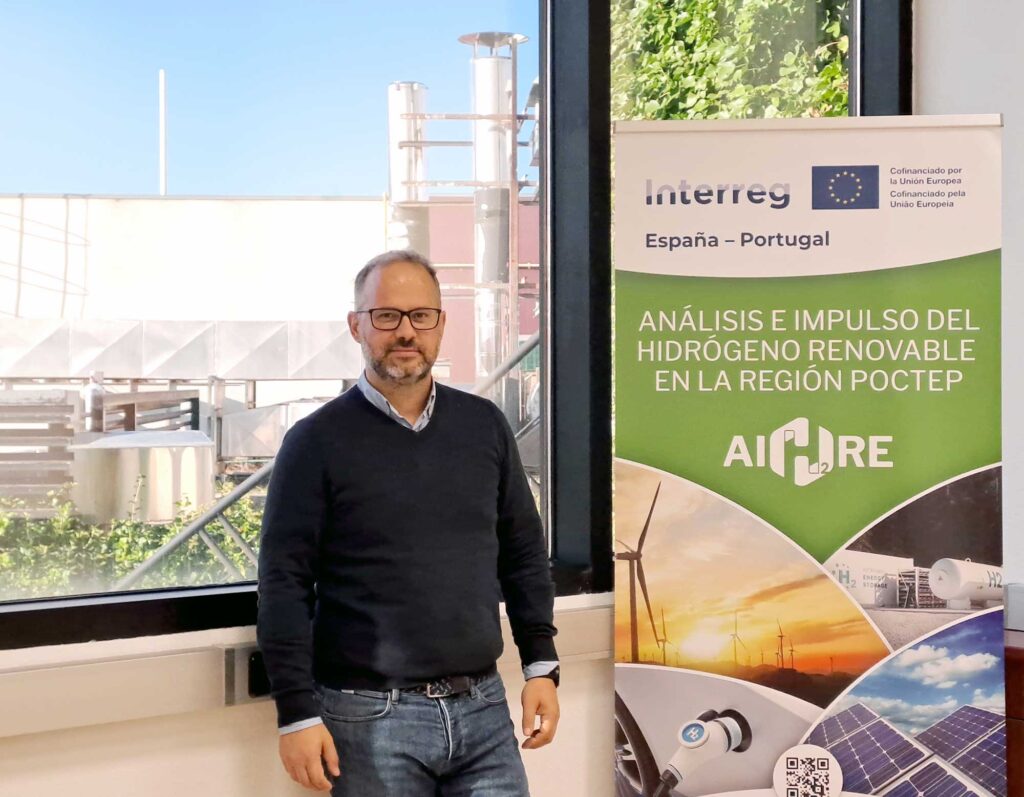
- The AIHRE Project has ambitious objectives. What are your expectations regarding the project, in general terms? What are the feelings so far?
The AIHRE project should be a revulsive to work on the analysis of the different alternatives for the implementation of renewable hydrogen adapted to the Spain-Portugal cross-border area. To this end, the project must generate a robust, active and collaborative innovation ecosystem linked to renewable hydrogen that promotes the opportunities that arise around this energy vector. Although the start of these projects is usually slow, it is hard to create the points of contact, the links between centres, and the development ideas in common, today we are already in good pace to achieve good results and that the AIHRE ecosystem begins to bear fruit.
Although the start-up of these projects is usually slow, it takes time to create the points of contact, the links between centres, the ideas for joint development, we are already well on track to achieve good results and for the AIHRE ecosystem to begin to bear fruit.
- What are CIDAUT's challenges with respect to the AIHRE project and what is the roadmap to meet them?
CIDAUT is a multidisciplinary technology centre with extensive experience in projects throughout the hydrogen value chain, so the main challenges of within the AIHRE project focus on three fundamental aspects.
The first one is to create an innovation ecosystem around renewable hydrogen that allows the generation of synergies, taking advantage of our experience and complementing it with the research lines of other centres. This has been the main activity of the project in its first year.
The second major challenge is to advance in the technologies that are critical for the immediate implementation of renewable hydrogen value chains. In our case, focusing on the efficient integration of hydrogen fuel cells for different uses, as well as on the study of the use of renewable hydrogen for thermal applications.
And finally, as a transversal action to the whole project, we want to promote the dissemination and disclosure of these possible hydrogen value chains among the different actors in the POCTEP area, sharing the technological needs with the capabilities available in the AIHRE network.
- How does the Interreg POCTEP program benefit the strengthening of relations between Spain and Portugal and why is this important?
The creation of cross-border knowledge and cooperation networks is a highly effective tool to create synergies between Spain and Portugal. Specifically, in the case of the theme of the AIHRE project related to the renewable hydrogen value chain, this network will involve the creation of communication and transfer channels between knowledge centres and researchers, strengthening relations and generating new opportunities for joint development in this area, where both territories have common potentials.
- The use of renewable hydrogen seems to be the way forward for the EU in the future, but what is the present?
The immediate present of renewable hydrogen is to replace existing fossil hydrogen consumption of around 600kt of H2/year in Spain and 100kt of H2/year in Portugal.
From there, it is necessary to work on immediate implementations in the transport sector, such as fleets of hydrogen vehicles, especially buses, as well as on the generation of new uses such as synthetic fuels from renewable hydrogen.
- More specifically, in your region of Valladolid, what is the current situation of renewable hydrogen?
In the Valladolid area, and in Castilla y León in general, there are great expectations in terms of renewable hydrogen generation projects based on large-scale renewable electricity, but we believe that these projects must be complemented with initiatives for the consumption of this hydrogen. In other words, the entire renewable hydrogen value chain must be promoted, hence the importance of the ecosystems promoted by the AIHRE project.
- What would be the impact of the deployment of renewable hydrogen as clean energy at the societal level?
The renewable hydrogen energy vector allows greater use to be made of the natural resources available in the POCTEP area (sun, wind, biomass), so its implementation will provide a socio-economic boost for the area. In addition, technological development around the hydrogen economy will generate new job opportunities in the area.
- Any open thoughts you would like to share on AIHRE or renewable hydrogen?
The implementation of the renewable hydrogen economy opens up a field of opportunity for economic, technological and social development in the POCTEP area and the AIHRE project is working to ensure that these opportunities can be exploited and generate value in the cross-border territory of Spain and Portugal.


